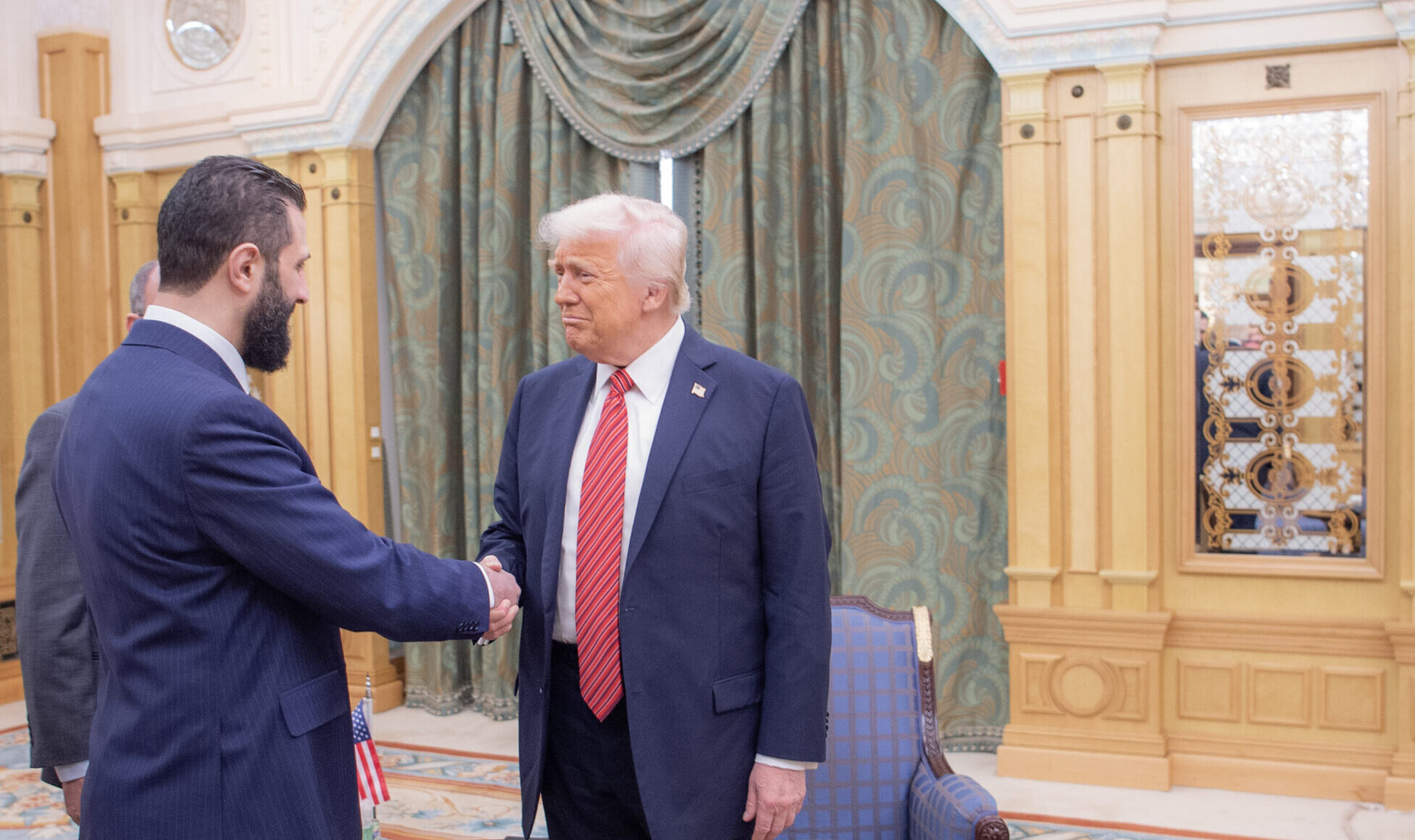Of Real McCains And Obamas
I did not watch the debate live, and I’m glad that I didn’t bother liveblogging it. It wouldn’t have been hard to rearrange the text from my post on the first debate and pretend that I had covered the second one, so mind-numbingly similar were they. Everyone seems to agree that Obama prevailed, or at best McCain did not and so changed nothing about the overall direction of the race. Some of McCain’s supporters lamented that their candidate did not hit Obama on his associations, while more of his critics noticed that McCain was remarkably gutless to “raise questions” about Obama’s character and his associations on the trail over the weekend and then avoid talking about them on national television in front of Obama. Instead of demonstrating some kind of admirable restraint, refusing to talk about these associations at the debate just drives home how little stock McCain actually puts in their importance. As pure political calculation, this was probably right (Obama is viewed favorably, and persuadable voters don’t like personal attacks on the candidates they like), which is important in what it says about the McCain campaign’s idiotic preoccupation with obviously ineffective tactics. I’ll come back to that in a moment.
First a few words about the bizarre debate over what happened to the “real” McCain, which becomes more relevant as McCain has started asking, “Who is the real Barack Obama?” Even among McCain critics, there are some who still insist on coming up with excuses for the former media darling, and they echo the excuses journalists have made for McCain for years: sure, he’s lying about this or that, but he’s clearly uncomfortable doing it, which proves that he’s actually a good guy. More recently, McCain has seemed angrier and grumpier than usual, prompting the same excuses: he doesn’t enjoy doing this kind of campaigning, and it shows, which somehow makes it better. This has been the strange ethical standard applied to McCain for as long as I can remember. According to this odd view, if someone is not very proficient at lying and smearing his opponents and gives the impression that even he knows what he’s saying is nonsense, that somehow proves that he is honest and decent at heart. The correct view is exactly the opposite–if McCain knows the truth, doesn’t really believe what he’s saying and tells lies unconvincingly, that is evidence of the far deeper corruption of the man. Instead of being badly misguided or misinformed, he willfully says things that he knows have no merit or that he knows are unworthy of anyone in his position. In short, being a bad smear artist does not make someone ethical or honorable; it makes him unethical and incompetent.
The reason why McCain was smart, if gutless, to avoid talking about Obama’s associations last night is that he and his advisors seem finally to have recognized that invoking Ayers is not an effective tactic. This is remarkable because this tactic is incredibly popular among people on the right who think that talking endlessly about the “surge” is a good idea, and McCain still doesn’t understand that the “surge,” like his obsession with earmarks, means little to most voters who want out of Iraq anyway. Even though there is little or no evidence that his obsession with the “surge” works with the general electorate at all, McCain has continued to invoke it every chance he gets. Just as he does not understand that the “surge” represented a change in tactics (it is not a strategy!), he has never grasped that the tactic of hitting Obama on his opposition to the “surge” was achieving nothing. Until last night, it seemed as if his campaign was going to make the same mistake in making Ayers a centerpiece of the last few weeks, when Ayers, like the “surge,” is something that excites and mobilizies only core supporters and no one else.
Naturally, many of those core supporters are upset that he did not launch the attacks that they think are so powerful, but what they might consider is that the fact that McCain deliberately avoided using them should tell you something about how truly weak they are. After all, McCain has shown he has no compunctions about smearing Obama and lying about the records of his opponents; McCain wants to win, and he clearly despises Obama. So if attacking Obama on his associations was an effective tactic, McCain would have done it with the same gusto he showed when belittling Obama’s alleged lack of understanding of foreign affairs. That does not seem to be the lesson that many of his supporters are going to take away from last night. Instead, they are going to adopt something like Vietnam revisionism in which they express certainty that their candidate could have won if he’d just been willing to do whatever was necessary.
